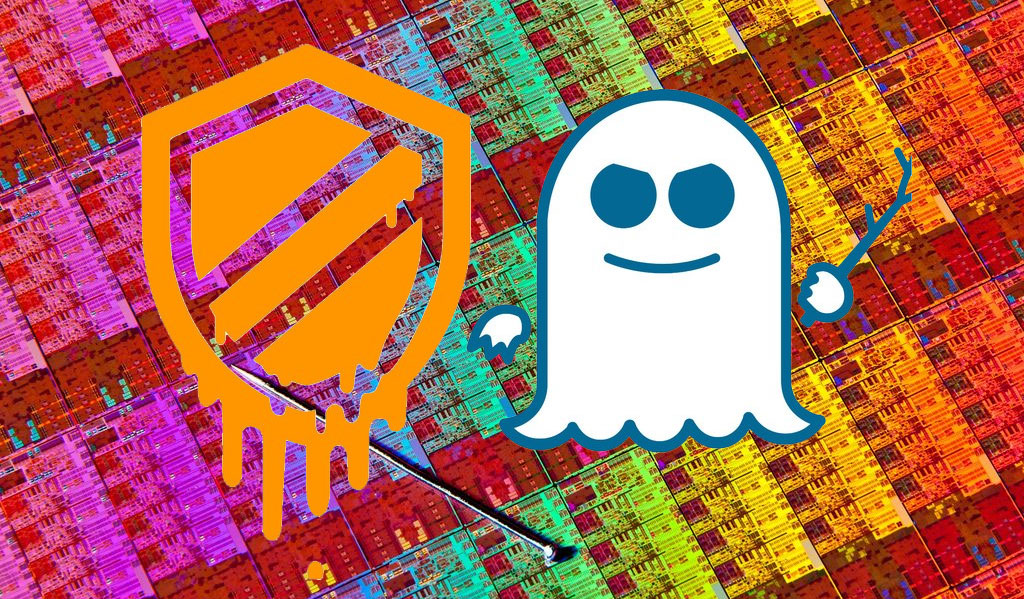Intel now knows why Spectre and Meltdown patches are causing reboots
Updated firmware is on the way.

About a week and a half ago, Intel acknowledged that firmware updates intended to mitigate security threats posed by Spectre and Meltdown were causing reboot issues on some Broadwell and Haswell systems. Intel now thinks it knows why and is making "good progress" on a solution.
"We have now identified the root cause for Broadwell and Haswell platforms, and made good progress in developing a solution to address it. Over the weekend, we began rolling out an early version of the updated solution to industry partners for testing, and we will make a final release available once that testing has been completed," Intel said today.
The firmware updates that caused the reboot ruckus affected both client and data center PCs. However, Intel noted at the time that the general public was not directly affected, and recommended that home consumers continue installing patches put out by their system and operating system providers.
Intel's advice today is pretty much the same—it's advising OEMs, cloud service providers, system manufacturers, and software vendors to stop deploying the buggy updates, and to focus on testing early versions of the updated firmware.
While all this is going on, there is still the performance impact to consider. Intel posted an updated set of benchmarks last week that showed anywhere from a 0-25 percent performance hit resulting from the security patches. Fortunately, most of the results trended to the zero side of the spectrum, though this is something we will continue to examine as time goes on.
Keep up to date with the most important stories and the best deals, as picked by the PC Gamer team.
Paul has been playing PC games and raking his knuckles on computer hardware since the Commodore 64. He does not have any tattoos, but thinks it would be cool to get one that reads LOAD"*",8,1. In his off time, he rides motorcycles and wrestles alligators (only one of those is true).


